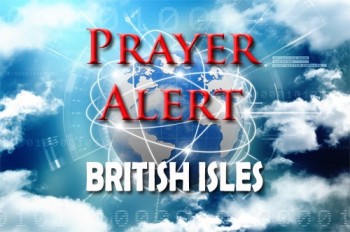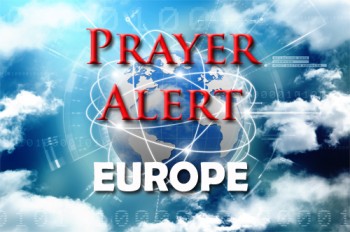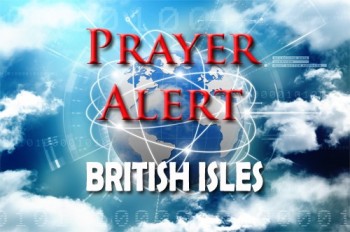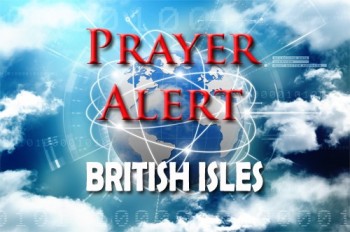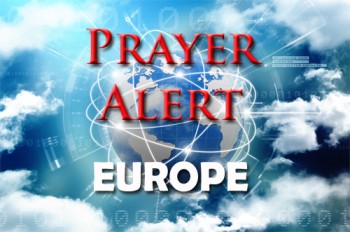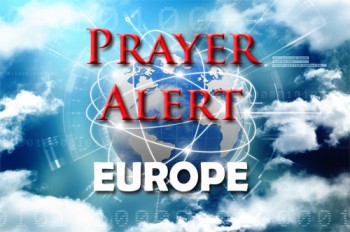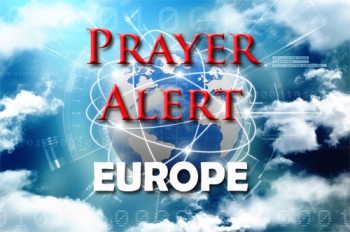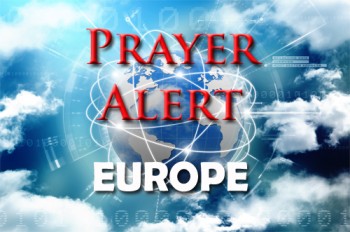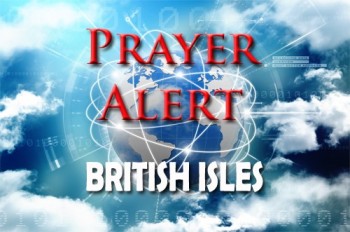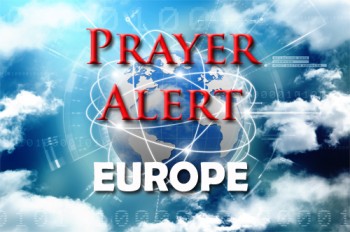Displaying items by tag: EU
Brexit: possible ‘no deal on trade’
On 22 July transport secretary Grant Shapps said that the United Kingdom wants a Brexit free trade deal with the EU, but is prepared for a no deal. A spokesman for Boris Johnson said later that day that Britain remains committed to agreeing the outlines of a balanced trade agreement with the EU, but significant differences between the two sides remain. Talks on a future relationship, which are now in their fifth round, have all but stalled. Some companies fear that there will be disruption at the end of the year if the two fail to secure a trade deal. Mr Johnson’s spokesman said, ‘We will make sure that we’re prepared for all possible scenarios.’
EU agrees on a plan to save itself
EU leaders have agreed on a 750 billion euro coronavirus relief package, both in loans and grants. A major accomplishment: for the first time all 27 members agreed to share the financial burden to rescue some of its members. However this is just the first step on a long road to recovery. The fine print is thorny. Any individual member state can delay disbursement of funds to another member by questioning the recipient's spending plans. For example, this would allow a country to put a temporary hold on funds for another if the Hague has a bone to pick about overspending. Not a veto, but it could delay the release of much-needed funds and pit countries against each other. Also money will not be released until 2022. So if Italy and Spain continue borrowing to pay for their domestic rescue plans, they will owe much more a year from now and be in a worse financial position to respond to any second coronavirus wave.
UK fishing rights in Brexit talks
Post-Brexit access to UK waters for EU fishermen is a major hurdle to a trade deal between the UK and Europe. Michel Barnier had a private dinner with UK’s Brexit negotiator, David Frost, at Downing Street on 8th July. It is believed they discussed UK’s fishing rights over a meal of halibut and asparagus. The meeting comes after it emerged Mr Barnier had told a House of Lords select committee in June that the bloc could water down its stance on fishing if the UK also agrees to compromise. The UK insists British fishing boats have priority as it pushes for a new scientific approach based on how many fish are in domestic waters. If both sides dig their heels in on their positions there will be no discussion on fisheries, and therefore no agreement on trade.
Brexit: intensified talks in July
Brexit talks started in earnest on 15 June with an online meeting between Boris Johnson and EU leaders. There are only six months left to negotiate, sign and seal the UK's future relationship with its biggest and closest trade partner, but the talks have all but stalled due to disagreements on fisheries. Politicians and business leaders in the UK and Europe are calling for negotiations to be prolonged in the light of the pandemic. The UK originally had until June to extend the transition period, but now a statement says that the EU and UK plan ‘to intensify the talks in July and create the most conducive conditions for concluding and ratifying a deal before the end of 2020: this should include, if possible, finding an early understanding on the principles underlying any agreement.’
Opening borders
As governments across Europe seek ways to reopen borders, the EU is calling for a coordinated approach, especially as it seems each country is drawing different conclusions on how best to proceed. What happens over the coming weeks and months will be important both for ‘key’ travel as well as tourism. In May, the EU set out plans for a phased restart of travel from 15 June, giving guidelines about lifting restrictions at the internal borders. European legislation provides a framework for such reopenings. ‘It is up to each member state to decide how to regulate its own borders, but they must do so within the framework of the Schengen Code for the Schengen Area,’ said European law professor Alberto Alemanno. See
No Brexit deal if vital talks fail in June
David Frost, Britain’s trade deal negotiator, has warned the Cabinet that Brussels talks are heading for collapse. He told ministers to ‘take the moral high ground’ when speaking to their counterparts across the Channel in the face of Brussels stubbornness. He urged them to step up their ‘no deal’ planning in case talks over a new trading arrangement break down. Downing Street is preparing to issue warnings that the UK is heading for an ‘Australia-style deal’ - which in reality means tariffs on imported and exported goods under World Trade Organisation terms. Boris Johnson is expected to tell the EU27 to set new rules for their negotiator Michel Barnier, otherwise any hopes of a deal fade. If progress is not made at the next online UK-EU negotiators meeting there is talk in Whitehall of a British walkout. A senior Government source said, ‘Breakdown is entirely possible.’
EU could ban Britons
Britons may be unable to travel to some parts of Europe for their holidays once lockdown restrictions are eased, due to the government's decision to use a different contact tracing app from the one being used elsewhere. On 4 May the UK launched its app to trace coronavirus, which has been developed by NHSX, the digital arm of the NHS. They are testing the device on the Isle of Wight as they step up their preparations to ease the curfew. The NHSX smart app works on a different system from the Apple and Google one being used by many European countries, making the two systems incompatible. This leads to fears that if contact tracing becomes mandatory for international travel, UK citizens will be required to go into quarantine for fourteen days on arrival.
EU summit: members’ solidarity tested
EU leaders met electronically on 23 April to begin tentatively to unlock the nations’ businesses as the immediate health crisis eases. Restarting Europe’s economy has led to divisive debates over grants: ultimately, how should the wealthier north help out the harder-hit south? The argument over solidarity has become a bitter one, with some favouring ‘coronabonds’ or ‘Eurobonds’ and others preferring grants or a 1.5 trillion recovery fund. Let us pray that all decisions made will successfully help those most in need. May the next steps include a huge increase in the EU budget, so that every member state overcomes the crisis together, leaving no nation behind carrying heavy unmanageable debts. Observers note that EU institutions have struggled to get leaders to put aside their national interests.
Brexit deadline
Currently, Britain will remain under EU’s rules until 31 December, but the withdrawal agreement allows for a one- or two-year extension if both sides can reach an agreement by 30 June. This gives both sides more time to negotiate a trade deal after talks were halted due to the coronavirus crisis. EU diplomats expect the Prime Minister to ask for a delay, but Downing Street remains resolute in its bid to complete Brexit by year end. Any delay would require a new treaty - another lengthy divorce deal. A Flextension for an extra few weeks was ruled out by Brussels, enraging Brexit supporters. The IMF said that the UK and the EU should not ‘add to uncertainty’ by refusing to extend the period to negotiate a post-Brexit trade deal: see
A deal is agreed
The Eurozone is in a deep recession. Unemployment figures are spiking to unprecedented highs and debt levels are soaring. It is an economic crisis on a scale not seen since the Second World War, or the Great Depression. Onlookers have watched individual countries retreat into national self-righteousness and mutual finger-pointing in a very un-united attitude that threatens the survival of the EU and will not solve anything. Then, finally, after weeks of wrangling, EU finance ministers managed to reach a deal - to the relief of most. Let us pray that the €500 billion package to help countries hardest hit by the pandemic will succeed in implementing an economic plan. See also
